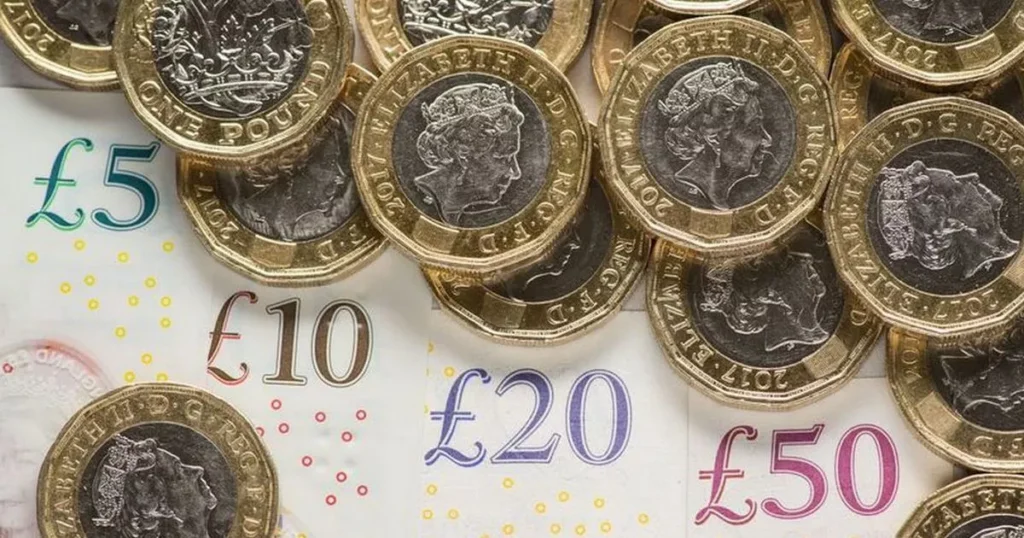The Department of Work and Pensions (DWP) in the UK owes around £500 million in back payments to approximately 80,000 citizens. This back pay primarily affects certain groups like married women, widows, widowers, and those over 80 who haven’t received the correct state pension payments. Here’s a breakdown of what you need to know, including eligibility, how to check if you’re owed money, and important dates.
DWP Owes £500m in Back Pay
The DWP has identified that around 80,000 people have been underpaid their state pensions, totaling around £500 million. The average amount owed to each person is about £6,250. This mainly affects certain groups who didn’t receive the pension increases they were entitled to under previous rules.

Check If You’re Owed Back Pay
You could be eligible for a back payment if you belong to one of these groups:
- Married Women: If your state pension didn’t increase when your husband retired, you might be owed money. Before 2008, this increase needed to be claimed, but rules changed afterward to make it automatic.
- Widows and Widowers: If your pension didn’t increase after your spouse passed away, you could be due some back payments.
- People Over 80: If you turned 80 and were already receiving a pension, your payment should have increased automatically. If this didn’t happen, you might be eligible for a payment.
How to Check If You’re Owed Money
- Use the Online Calculator: The government has a tool that helps you check if you’re owed back payments due to pension underpayments.
- Stay Informed: The DWP will provide updates by March 2024 on their progress with these payments. Keep an eye on official government websites to stay updated.
Important Dates
- The DWP plans to update the public on their progress by February and March 2024.
- Exact payment dates have not been announced yet, so it’s important to watch for official announcements.
Final Thoughts
If you believe you may be eligible for back payments from the DWP, it’s crucial to take action now. Use the available tools to check your status, and stay alert for upcoming updates. The DWP is working to resolve these underpayments, and by staying informed, you can ensure you receive any money that you are rightfully owed.
